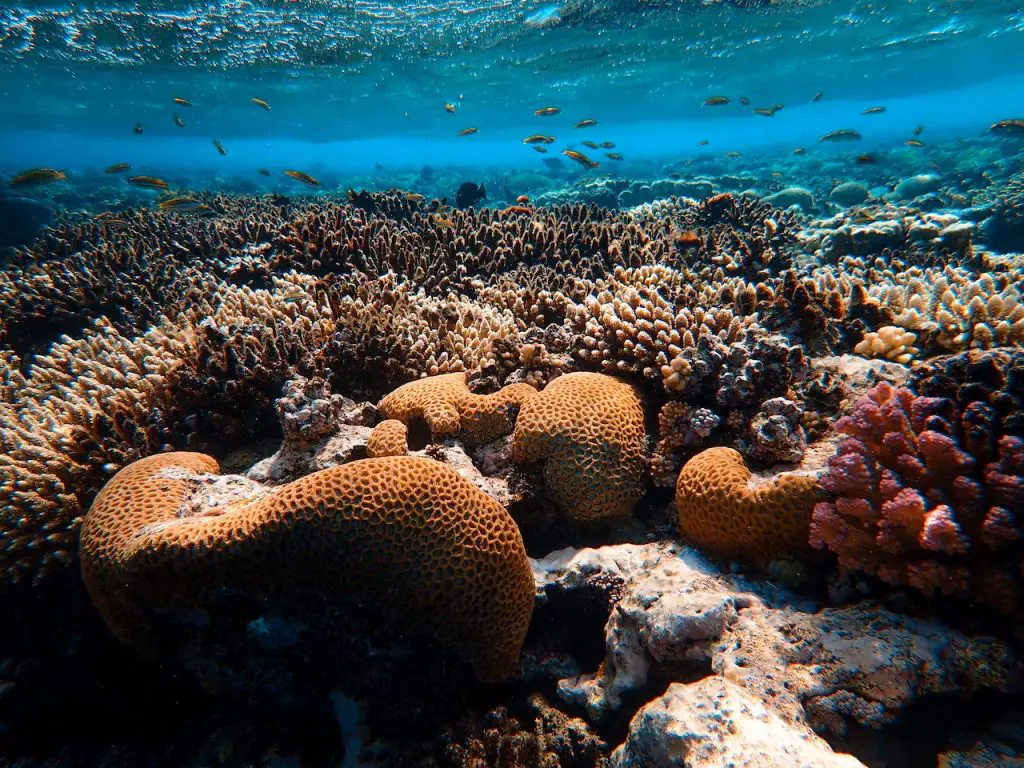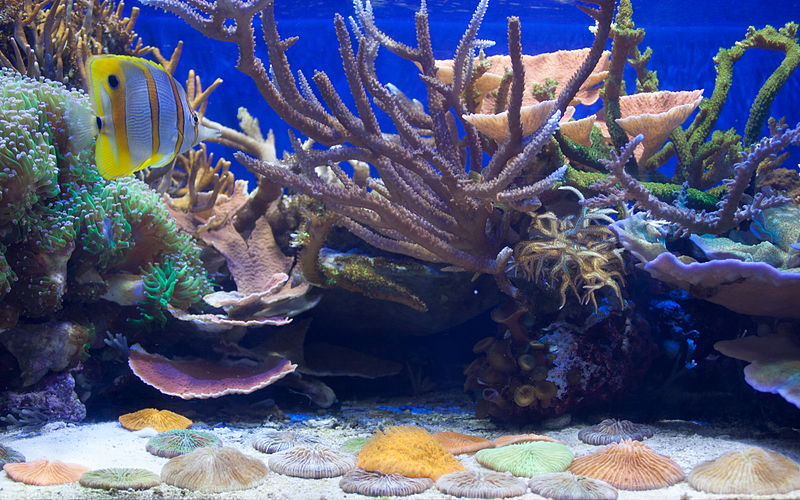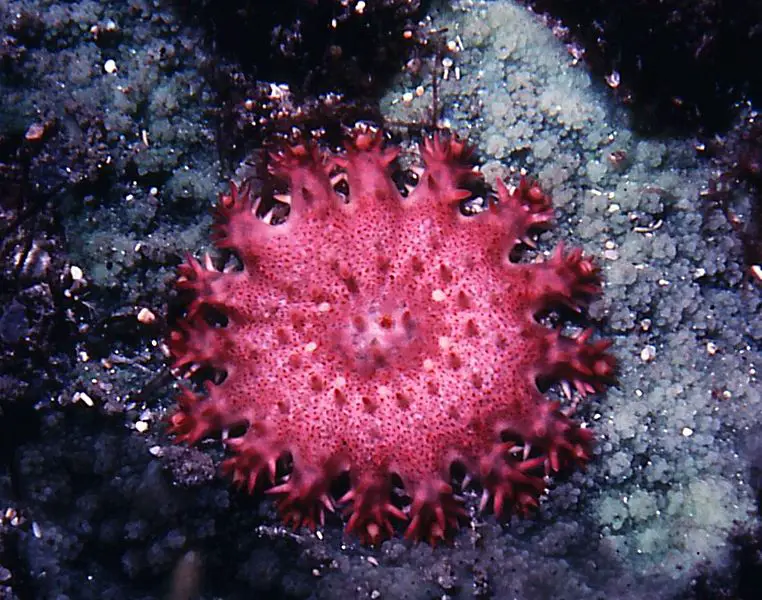Introduction
If you have corals in your aquarium or if you are fascinated by these amazing ocean structures, you might be wondering how clever they are. Do they have brains, and can they think the way that people can?
Corals are relatively simple organisms and they do not have brains. They do have a nervous system that can respond to touch stimuli, but they do not think or process the way that people do, and there is no centralized location for the nervous system. It is not the same as the system found in vertebrates.
In this article, we’re going to find out more about corals and how they operate, so you can better understand these extraordinary creatures. We’ll explore what organs they have, as well as their capacity to feel pain and to process emotions.
Does Coral Have A Heart?
No, corals do not have hearts. They are made up of simple tissues, and are only a single step above sponges in terms of their evolution. Although they are immensely important creatures, they are very basic in many ways.
They do not require a heart to pump blood around their tissues, and they are part of the phylum Cnidaria – like jellyfish. They would have no use for a heart, and have not evolved one.
Indeed, corals are thought to be the simplest animal that also has a proper reproductive system, a nervous system, and connected muscular systems. They are extremely basic and non-complex creatures, so they do not have hearts.
Do Corals Have Eyes?
Corals have no eyes, either. They are, however, capable of detecting light, and they do respond to changes in the light. There are various reasons that they might have developed this ability.
The first is that many corals need sunlight in order to flourish, because this helps the algae that they depend upon photosynthesize, eventually providing the corals with nutrients. Being able to detect light tells the corals which way to grow to reach the surface and the sun.
The other advantage of being able to detect light comes down to basic survival. Hard corals secrete stony structures that they can hide inside to prevent themselves from being eaten. However, they have to come out of these structures to feed, and this leaves them vulnerable.
Without eyes, they cannot see when a predator approaches, so they cannot withdraw. However, because they can detect light, they are able to tell when something passes above them, temporarily casting a shadow over them. This causes them to retract sharply within the protection of their stony shells, and may help them to stay safe from predators.
Do Corals Have Mouths?
Corals do not have mouths like humans or many other animals, but they do have a rudimentary opening through which food can be passed to the digestive system. Many people feel that this counts as a mouth, despite the fact that it is primitive.
This mouth is attached to the digestive filaments and the stomach. The coral’s tentacles capture food particles from the water, stun them, and drag them down into this opening so that the coral can digest them and extract the nutrients.
Once it has done this, the coral excretes the waste through the same opening, and the tentacles push the waste away from the mouth and back out into the water. In this way, coral eats much like other animals do, but with only one opening, it has to spit waste back out.
Can Coral Reefs Feel Pain?
It has been very difficult for scientists to determine what organisms do and do not feel pain, so this is a challenging question to answer. Many people would say that corals do not feel pain, because although they have a nervous system, they do not have a brain that connects this information and processes it.
Some people believe that because corals are capable of detecting touch, they can perceive pain in some ways. Most animals are capable of registering pain when an injury is inflicted. This is obviously an evolutionary advantage, because it encourages the creature to draw away from whatever is causing the pain, which may prevent further damage from being inflicted on it.
This recognition of harm is referred to as nociception, and it is experienced by most living creatures. It is likely that corals are able to recognize harm, and this is – in some definitions – a registering of pain. There is no proof yet that corals can do this, but it seems likely.
However, whether they remain consciously aware of the pain after they have withdrawn and damage is no longer being inflicted is very difficult to tell. This ability is generally only ascribed to vertebrates, and not even all of those. A simple organism like a coral, with no brain, is unlikely to remain conscious of pain, therefore.
The short answer is that nobody truly understands this. It is not thought that corals are very likely to feel pain, but humans have traditionally underestimated the abilities and capacities of animals, and it is possible that corals do feel pain and we just don’t understand it yet.
Do Corals Have Feelings?
Corals almost certainly do not have feelings. Feelings are products of the brain and are processed and dealt with by this organ, which corals completely lack. Corals are not thought to feel sad, happy, hopeful, grateful, or anything else in response to environmental stressors or hormonal changes within their bodies.
So far as we know and understand, corals simply do not have the capacity to create or deal with emotions, and therefore it is highly unlikely that they have feelings. That doesn’t mean that they shouldn’t be respected as living organisms, however.
Conclusion
Corals are simple organisms that do not have brains, eyes, or even true mouths, although they do have working digestive, nervous, and reproductive systems. They are surprisingly simple creatures, considering their importance on a global scale, but it is fairly certain that they do not have feelings, and their ability to process pain – if it exists at all – is limited.



